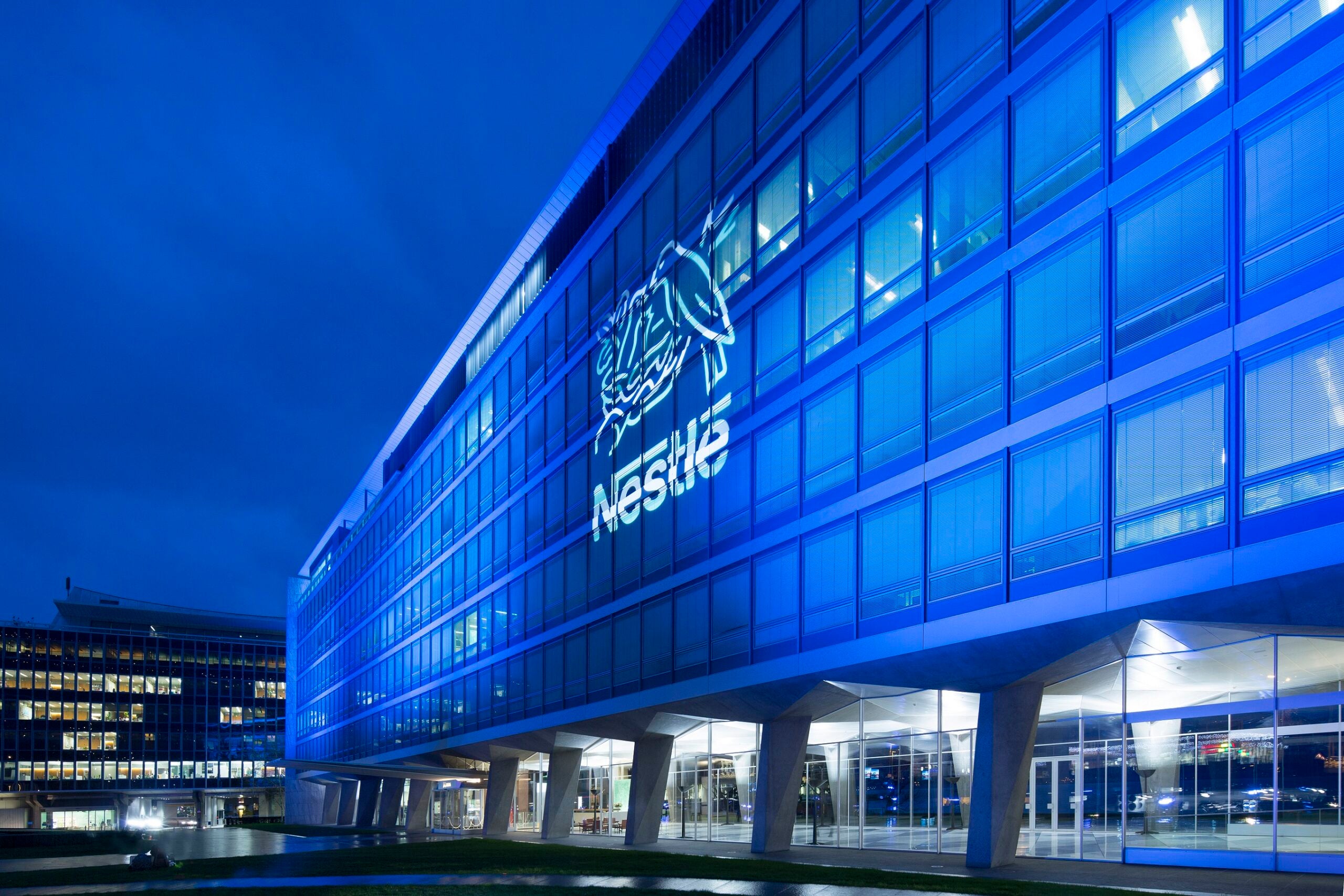
Nestlé plans to retain its Health Science unit, chairman Paul Bulcke has said in an interview discussing the change in CEO at the world’s largest food group.
In the wake of last week’s announcement that Mark Schneider would step down next month, analysts had speculated about changes that could occur under new CEO Laurent Freixe, a 40-year Nestlé veteran and head of its business in Latin America.

Discover B2B Marketing That Performs
Combine business intelligence and editorial excellence to reach engaged professionals across 36 leading media platforms.
There had been suggestions among analysts the Nestlé Health Science division could be a part of the business Freixe could review.
However, in an interview with Swiss newspaper NZZ am Sonntag published at the weekend, Bulcke said otherwise.
In the interview, Bulcke was asked whether the unit was to be kept under its control to which he replied “absolutely” adding the field was “promising, with benefits for society”.
Nestle said on Thursday (22 August) Schneider is to step down after nearly eight years at the helm.

US Tariffs are shifting - will you react or anticipate?
Don’t let policy changes catch you off guard. Stay proactive with real-time data and expert analysis.
By GlobalDataFollowing that news, analysts at Switzerland’s Zurich Cantonal Bank (ZKB) said in a note “it wouldn’t surprise us if Nestlé Health Sciences was sold in the medium term”.
Nestlé launched the health science unit in 2011 to encompass products in the medical nutrition, pharmaceuticals and active nutrition areas. The division markets brands including Garden of Life vitamins and powders and Nature’s Bounty supplements.
In the company’s half-year 2024 financial results, published last month, it was revealed the Health Science unit recorded sales of Sfr3.2bn ($3.77bn), reflecting organic growth of 0.1% year-on-year.
In commentary accompanying the results, Nestlé said: “Vitamins, minerals and supplements posted negative growth, reflecting the impact of supply constraints encountered in the second half of 2023.”
It added: “The recovery plan is on track and the business is starting to retake market share. Active nutrition saw low single-digit growth, with strong sales contribution from Orgain offsetting negative growth for Boost.”
Outlining his immediate plans on Friday (23 August) new Nestlé boss Freixe, speaking generally about the company, said “Performance is okay but I think it could be better. We need to raise our game there.”
The near 40-year Nestlé veteran who will replace Schneider on 1 September said gaining market share and improvements in “execution” are important.
“Engaging with people and mobilising the entire organisation top to bottom, I see as absolutely critical,” he said.
Last month, when Nestlé reported its half-year financial results, the company trimmed its forecast for organic growth in 2024 from “around” 4% to “at least” 3% despite a recovery in underlying volumes in the second quarter. The Purina pet-food maker also cut its EPS guidance from growth of 6-10% year on year to a mid-single-digit range.
When Schneider discussed those results with analysts, he spoke of “improved market shares across our portfolio” but, from this morning’s call, it was clear further progress is of prime concern for his successor.
“Our top priority – my top priority – is to drive sustainable top-line growth through market share gains,” Freixe said, adding later: “Hopefully we are gaining in many of the core areas but we are not necessarily gaining everywhere and in every geography. I want to make sure that we raise our game and everywhere that it matters we are in a winning position.”





